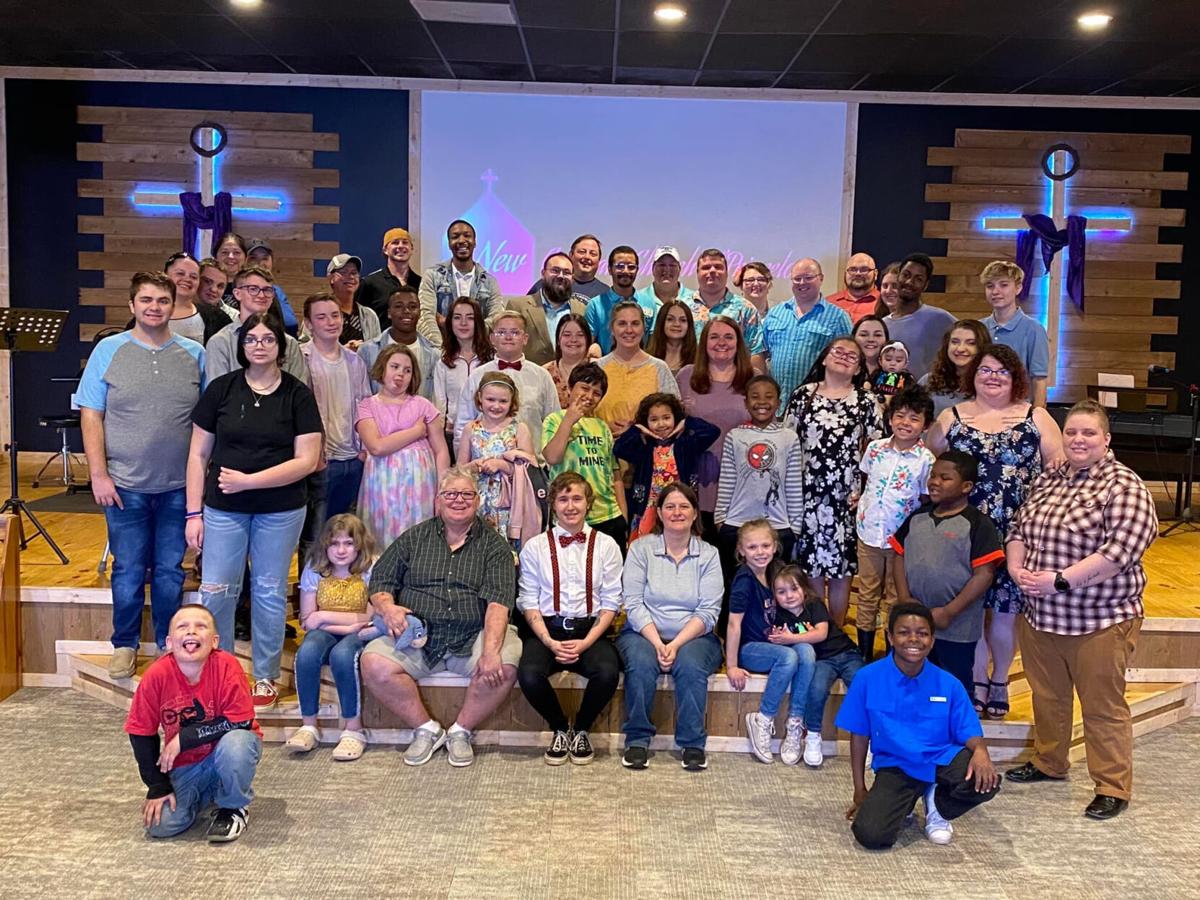Sherry Phillips came out as lesbian 25 years ago. After opening up about her identity, she said her former church restricted her ability to teach, sing and participate in activities she loved.
“I was welcome to attend where I was raised at, in my home church, but I was told I couldn’t do anything in the church,” Phillips said.
Though she was welcomed to continue attending services, she said did not truly feel accepted.
“If someone says, ‘We welcome you, but we do not affirm you,’ is like saying, ‘We will tolerate you, but we cannot celebrate you,’” she said. “And to think that you’re just tolerated, for whatever reason, and they can’t celebrate who you are is just horrible.”
Phillips is now the lead pastor of New Covenant Church of Princeton, West Virginia, which was founded in 2015.
Phillips was one of dozens of pastors who enrolled their congregations in the WVU LGBTQ+ Center’s Trans Safe Zone Training.
The training is intended to help organizations understand how to create an open and accepting environment for gender-diverse individuals.
“I feel like the training was very informative,” Phillips said in an interview. “I feel like every house of faith really should bring their congregation so that we can all learn and make our churches a more safe place for the trans community.”
Phillips emphasized that the training helped by creating a space where allies can ask questions and transgender individuals can speak about their experiences.
“I never wanted to hurt a trans friend of mine and dig too much into asking them too much information and offend them,” Phillips said. “So this kind of gave us some liberty to ask questions.”
Phillips was invited to the training by Angel Smothers, clinical associate professor at the WVU School of Nursing. Smothers has been working with the LGBTQ+ Center to provide the courses.
“We know that West Virginia has one of the highest populations of transgender youth in the country,” Smothers said in an interview. “We also know that the suicide rate and suicide attempts among the transgender community, especially in youths, is really high.”
Smothers said she saw an opportunity to educate religious groups in an effort to change that trend.
“My work as a faith community nurse really kind of paved the way for educating within churches,” she said.
The course is a presentation format with question and answer sessions within it. Each session is for the leaders and/or members of one specific church at a time.
The LGBTQ+ Center offers Trans Safe Zone courses as well as general LGBTQ+ Safe Zone training for a variety of groups, including any interested faculty, staff, student or community member.
The courses are not exclusive to religious groups. As of now, only one religious organization has taken the Trans Safe Zone training.
The LGBTQ+ and Trans Safety Zone training is open to companies, faculty members and other organizations.
Phillips said the training has helped foster a safe space for transgender individuals, which they might not find elsewhere.
“It just gives you a better understanding … putting yourself in a trans person's shoes and just beginning to understand a few things that they struggled with and why they feel the way they feel and how they see themselves,” she said.








 WVU's Independent Student Newspaper
WVU's Independent Student Newspaper